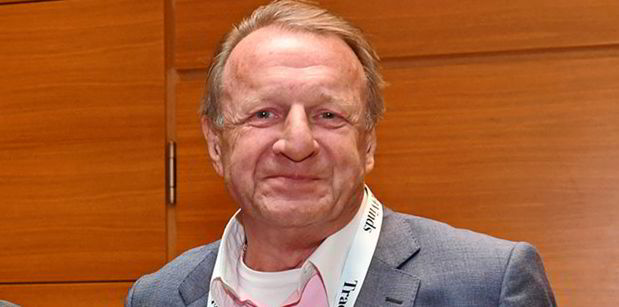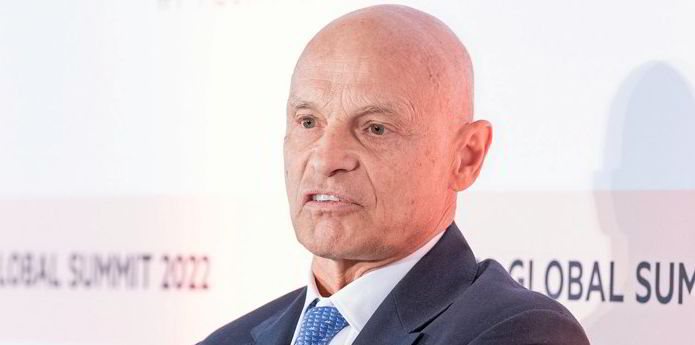Shipping finance’s self-described “first fintech” has launched a new version to match more owners with lenders’ cash.
eShipfinance was established in Athens by experienced finance executives Dagfinn Lunde, Marina Tzoutzouraki and Tarun Gulati in 2018.
Now, eShipfinance V2 promises access to multiple-vessel deals for the first time. The previous cap of 50% loan-to-value has also been scrapped.
Chairman Lunde said: “I am happy to see the increased interest in our eShipfinance.com platform.
“The new V2 will give shipowners and investors even more possibilities as it now also caters to multiple ships financing.”
The global platform has closed deals worth more than $70m since its inception, with advisory engagements totalling $90m.
The current deal pipeline also looks promising, the company said.
It pledges project pre-approval in as little as 20 minutes.
V2 includes new technology product lines for banks to double their portfolio at a fraction of the cost, eShipfinance said.
The platform offers first-priority mortgages on ships.
‘Robust’ tech
It is “robustly” built on the latest iteration of the Microsoft.NET platform.
The service targets small or medium-size Greek shipowners seeking finance after the pull-back of traditional banks.
Lunde, the former head of shipping at DVB Bank in Germany, helped set up Oldendorff-backed Maritime & Merchant Bank in Oslo after retiring from DVB.
An investment committee led by Lunde looks at each project to spot inconsistencies or weaknesses, using cross-references from reliable information providers, such as Marsoft, VesselsValue and Thomson Reuters.
Cypriot backing
Once the project is waved through and the borrower has accepted a final term sheet, candidate investors gain access to the full details of the proposal to decide whether they want to back it. They can buy between 10% and 100% of the loan.
SFG Ship Finance Global, the Cyprus entity behind eShipfinance, said in 2018 that investors could earn a fixed return of more than 6% paid quarterly on the deal, in US dollars.
Lunde expected this to interest cash-rich individuals, companies and pension funds looking for juicy, steady returns.




